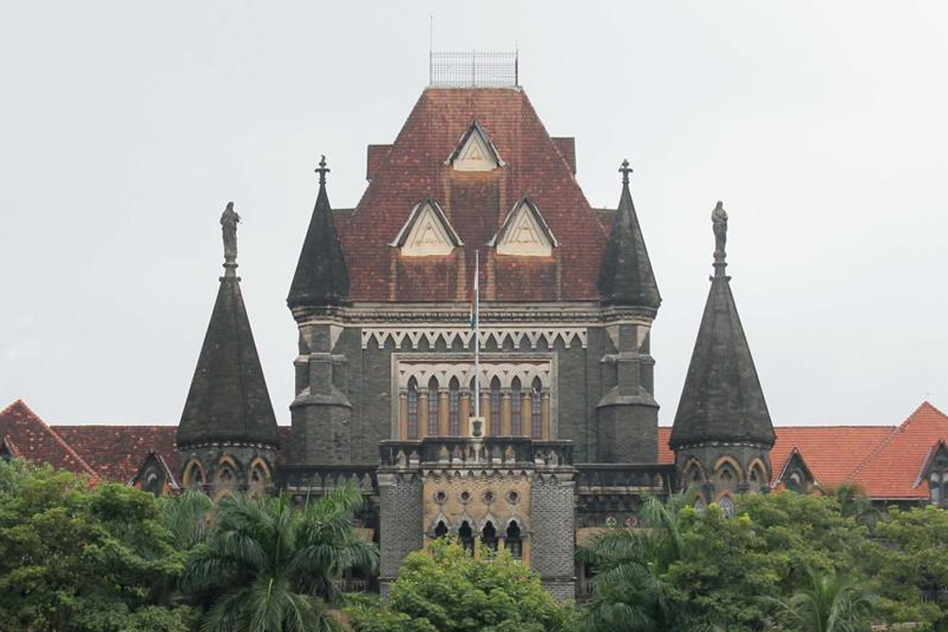
Children From Second Marriage Cannot Claim Share In Ancestral Joint Family Property: Bombay HC
3 Aug 2018 7:46 AM GMT
The Bombay High Court on July 30 said that children born out of a second marriage have only right to get a share in the parents’ property, and not in the ancestral joint family property. Bombay HC was hearing a case wherein a mother and her two daughters were thrown out of the house by the father. The father had tried to transfer his share of the ancestral joint family property to his sons from his second marriage.
The man had married the first wife in 1975 and had two daughters from that marriage. Eight years later, he drove the wife and the daughters out of the house and married for the second time. In 2002, the first wife and the daughters filed a suit in Niphad court asking for their share in the ancestral property. The court ruled that the father, his first wife and the two daughters should get an equal share in the property.
The father then moved Bombay HC against judgement. He opposed the previous ruling saying that because the property is ancestral and not self-acquired, first wife and daughters should not get a share in that. He also quoted the Hindu Succession Act under which they would be eligible for the share in his self-acquired property, if at all.
Justice Phansalkar-Joshi rejected the father’s claim. Referring to past rulings and judgements passed by Bombay HC and the Supreme Court, Justice Phansalkar-Joshi said that children born from a second marriage have rights on the parents’ property, however, hold no such rights over the ancestral joint property. “It is authoritatively laid down that the children of a void marriage, though are regarded as legitimate, such children would not be entitled to any share in the properties, which are the ancestral coparcenary joint family properties of their father. Their right to claim share remains limited only to the extent of the separate property of their father, but, in that property, they cannot make any claim to it during the lifetime of their father. Their rights in the separate properties of their father will accrue only on the death of the father and that too, by way of succession”, the court observed, as reported by DNA.
Justice Phansalkar-Joshi also added that the children born from a second marriage are rightfully legitimate, however, their right to get the share in coparcenary properties or in the property of their parents arises only after the death of the parents and not during their lifetime.
Also Read:
- All Hindu Daughters To Have Equal Right, Even If They Were Born Before Enactment Of Hindu Succession Act, Says SC
- 12 “Must Know” Rights For Every Indian Woman
 All section
All section













